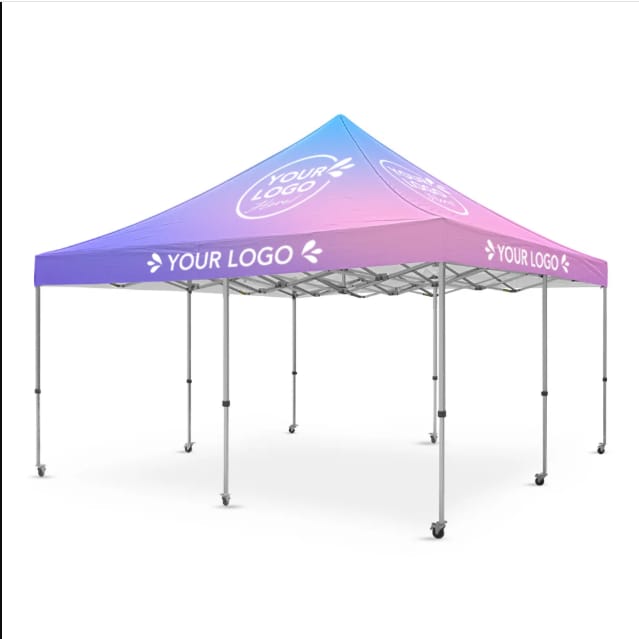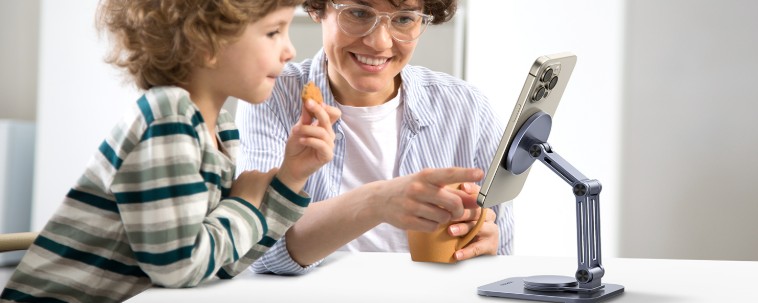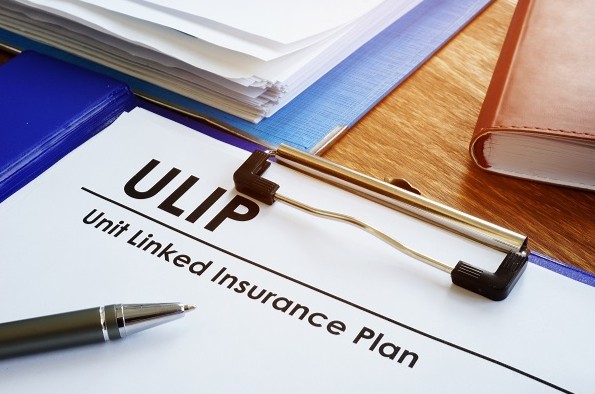
Dealing with incontinence in the office can be intimidating, but with the correct methods and mentality, you can remain productive and comfortable throughout the day. Incontinence is a prevalent challenge that affects millions of individuals worldwide, although it is frequently spoken in hushed tones due to embarrassment and social stigma.
However, controlling it efficiently does not have to impair your work performance or comfort. With a few practical changes, you may address incontinence discreetly and confidently in any workplace. This article provides practical advice to help you stay productive while managing incontinence at work.
1. Use incontinence products
Many people use adult pampers to relieve stress and lessen workplace dangers. Leaks can occur when you least expect it. Nobody wants to find themselves in an embarrassing situation due to a loss of control over their bowel or bladder. When confronted with a challenging scenario, an absorbent incontinence device provides security and assurance.
Reusable diapers are also available in the marketplace. They also offer an efficient remedy for adult incontinence. Many consumers are first concerned about the changes they must make to adjust to these new products. However, millions of people find adult briefs comfortable.
2. Stop drinking so much water
Before attending a meeting or a presentation, keep track of how much liquid you consume. Work pressure might cause our bodies to create extra pee. It is simpler to focus on work when your bladder is empty. Reducing fluid consumption by two to three glasses while at work can help you regulate your bladder’s capacity without pushing it too far.
Coffee, like tea, is a diuretic that can result in urine incontinence. Avoid drinking too much coffee, especially at work. One cup is okay, but more may cause incontinence. It is critical to monitor what you eat and drink.
3. Stay hydrated and limit caffeine
We understand that morning and/or afternoon coffee may feel necessary to get you through the day. But, to avoid exacerbating your incontinence symptoms, limit your coffee intake. Caffeine can irritate the bladder and bowels, FYI! So, instead of coffee, drink water to stay hydrated and avoid irritating your bladder and bowels.
If you can’t live without your daily cup of coffee, simply convert to a decaffeinated substitute while keeping your water intake!
4. Take several trips to the restroom
Putting off peeing never works for anyone. Some jobs need employees to work for extended periods. These kinds of tasks are not only difficult but also physically draining. Incontinent people should make an effort to use the restroom as often as possible.
Take short breaks from work. Relieving yourself occasionally allows you to concentrate on your work and reduces the possibility of a leak. If your bladder is not empty, you will have the urge to relieve yourself more frequently.
5. Change your lifestyle
Drinking, smoking, and using other drugs are all dangerous. Aside from that, consuming junk food may be a part of your routine. What you eat and drink directly affects your body weight, and being overweight reduces the bladder’s capacity. To stay fit, restrict the number of drinks and meals you consume. It won’t take long to adjust to a new lifestyle. Positive improvements always increase your ability to work at maximum potential.
6. Do not wear light clothing
Wet stains are particularly evident when wearing light-colored clothing or fragile fabrics. These locations might be a cause of embarrassment. To avoid these situations, replace your light clothing with thicker fabrics and darker hues. Brown, dark blue, and black are usually excellent choices. These hues typically seem dry even when wet. Avoid wearing intricate apparel or outfits with tight zippers. Buy garments that fit well so you can simply remove them when necessary.
7. Speaking to your workplace about incontinence
Deciding to speak to your boss, HR team, and/or other colleagues about your incontinence is entirely your choice. If you don’t feel comfortable sharing, then you by no means have to.
There are pros to speaking to your workplace about incontinence. These may vary for every individual depending on their type of work, workplace culture, etc.
- Disclosing your condition can allow your employer to make reasonable accommodations to support you. For example, they provide more flexible bathroom breaks or adjust your work environment to help you manage incontinence effectively.
- Colleagues and supervisors who know about your condition may be more supportive and empathetic if they notice you need to take extra breaks or step out of meetings, for example.
- If your job involves operating heavy machinery or driving, disclosing your incontinence may be necessary to ensure safety protocols are in place.
8. Look after yourself
You are the best person to look after yourself. Take a break from work to refresh. Continuous work pressure is directly linked to disturbances in bowel movement and is only harmful to you. Try to remain as cool as possible. When you can relax, your attitude toward work improves. Try to bring some comedy into your life. Humor helps your mind forget about the possibility of leakage. The psychological influence of relaxation allows your body to behave appropriately rather than erratically.
9. Be prepared
Working outdoors is usually stressful. Some occupations are difficult and require you to always be on top of your game. You may not have time to rest. In that situation, have a “safety kit” ready. This may sound cliché, but having a safety kit is essential if you have a severe medical history that includes bladder problems.
Some essential goods to include in your box include high-quality tissue paper, additional protective clothing, anti-rash treatments, and incontinence pads. You may not need all of these goods at once. However, knowing they are available when needed brings mental peace and lets you know that everything is fine.
10. Train Your Bladder
Over the course of three to twelve weeks, you might be able to train an overactive bladder to retain urine longer. When you feel the desire, wait a minute or two before going to the restroom. Deep breathing or other relaxation techniques can help you “hold it” for longer periods of time until you need to urinate every three to four hours.
In the end!
Managing incontinence at work is feasible with the correct methods, mentality, and resources. You can stay productive and comfortable at work by making a bathroom schedule, using the correct items, keeping a supply kit on hand, and practicing stress management. It’s vital to know that incontinence is a widespread problem, and you are not alone in dealing with it. With realistic answers and a proactive approach, you may advance in your profession while keeping your dignity and confidence.
Write and Win: Participate in Creative writing Contest & International Essay Contest and win fabulous prizes.


